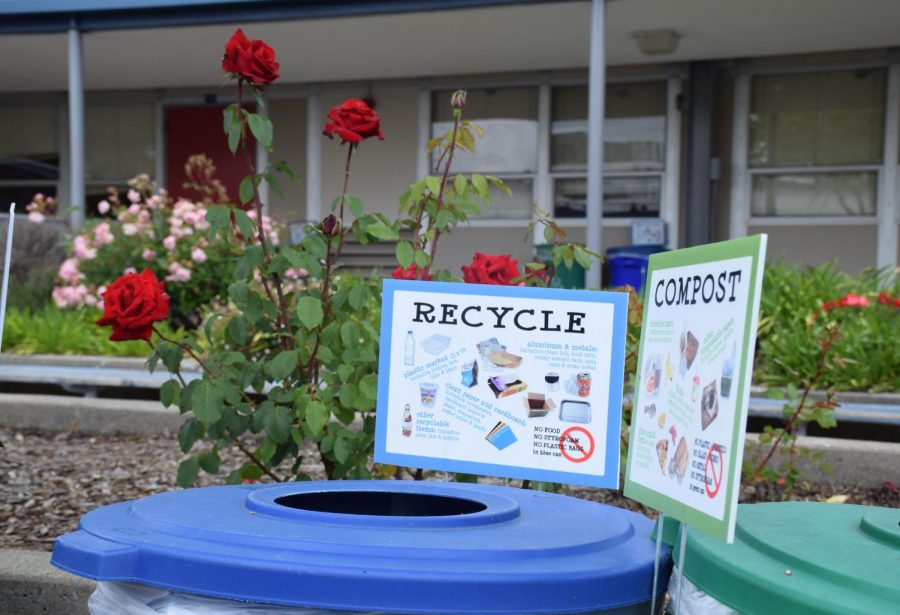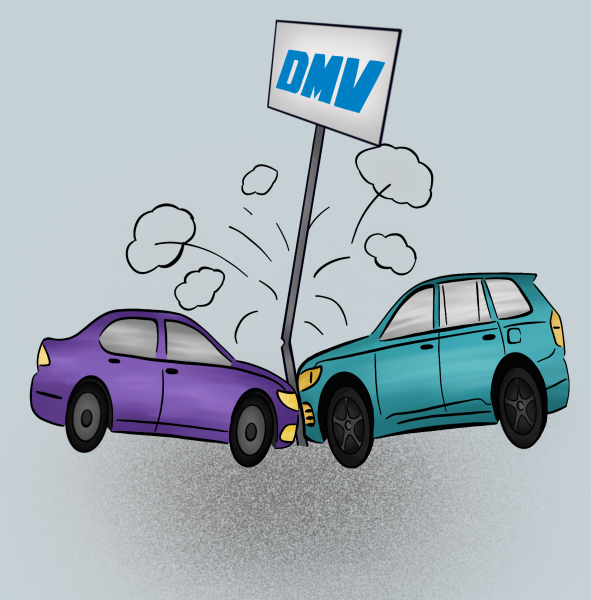Action, Not Awareness Needed for Climate Progress
May 22, 2019
Lately, my Instagram feed has been flooded with videos and screenshots republished by my peers, all emphasizing the severity of climate change.
These posts give me mixed feelings; 1st, extreme existentialism, followed by pride that my generation is actually taking a stand on a very pressing issue. But that pride is inevitably replaced by a nagging frustration at the lack of real action that is being taken to prevent the potential catastrophe suggested by these posts.
Don’t get me wrong, raising awareness is great, but not so much if that is all that you’re doing.
At this point, it is safe to say that everyone is aware of climate change, so posting a photo on social media is almost pointless. The time to just “raise awareness” is over; if we really want to save what is left of our planet before it is too late, we need action.
Our country is lacking in leadership, as many of our current politicians are opting to roll back regulations that would help preserve the environment. While this is extremely unfortunate, it absolutely does not mean that hope for change is lost. We can all do our part to help conserve our beautiful planet for future generations, and slow the drastic effects of climate change.
One way to take action is by reducing your “carbon footprint,” or the amount of carbon dioxide and other greenhouse gases that are burned as you live your life. This is important because, although CO2 emissions are inevitable, cutting down on your personal emissions is a practical and immediate way to take responsibility for your contribution to climate change, while also setting an example for others.
To begin cutting down on your CO2 emissions, start with taking a carbon calculator survey, such as the one provided by www.carbonfootprint.com/calculator, to determine how your carbon footprint and what you need to cut down.
According to the Columbia University Earth Institute, “in order to hold the global temperature rise to 2˚C or less, everyone on earth will need to average an annual carbon footprint of 1.87 tons by 2050.” Currently, the average US citizen’s carbon footprint is reportedly 18.3 tons! We have a lot of work to do!
An easy way to reduce your carbon footprint is by changing your driving habits. Instead of driving just yourself to and from school every day, try to carpool, walk, bike or take the bus when possible to lessen the number of cars out exuding CO2. This may not seem like much, but if these methods are spread out over many drivers, then daily CO2 emissions would be greatly reduced.
Eating locally-produced and organic food can also reduce your carbon footprint, as it is estimated that 13% of US greenhouse gas emissions come from the production and transportation of food, according to cotap.org.
One of the most impactful, but maybe the most unpopular, way to reduce carbon emissions is by cutting down on meat and livestock products. While these foods are heavily present in many peoples’ diets, the resources it takes to raise livestock are detrimental to the environment.
According to the Columbia University Earth Institute, you can reduce your carbon footprint by 8 pounds for every day you skip meat and dairy, for a total of 2,920 pounds a year.
In addition, refraining from using energy sources in excess is another important way to cut back unnecessary carbon emissions.
There are many ways that you can reduce your contribution to climate change by living your life responsibly and mindfully of your effect on the planet. If we actually put these methods into practice to the best of our ability, we could make a sizable impact against climate change.
It is not enough to simply sit around on our phones and hope that someone else will step up and deal with the problem for us. This is OUR planet, and it is now up to us to make the changes that need to be made in order to preserve life as we know it.





